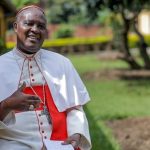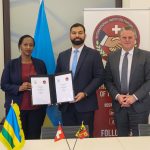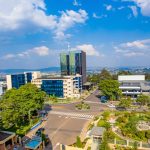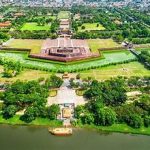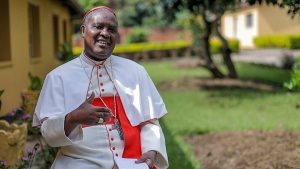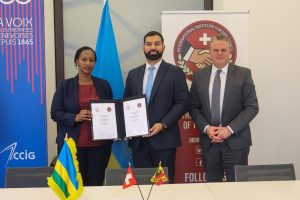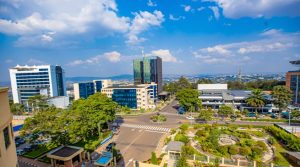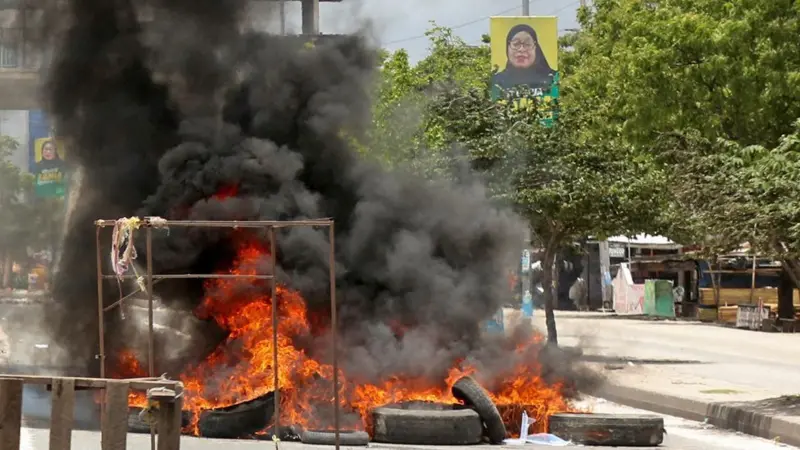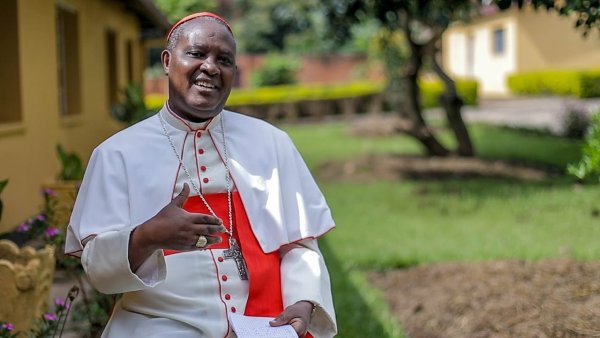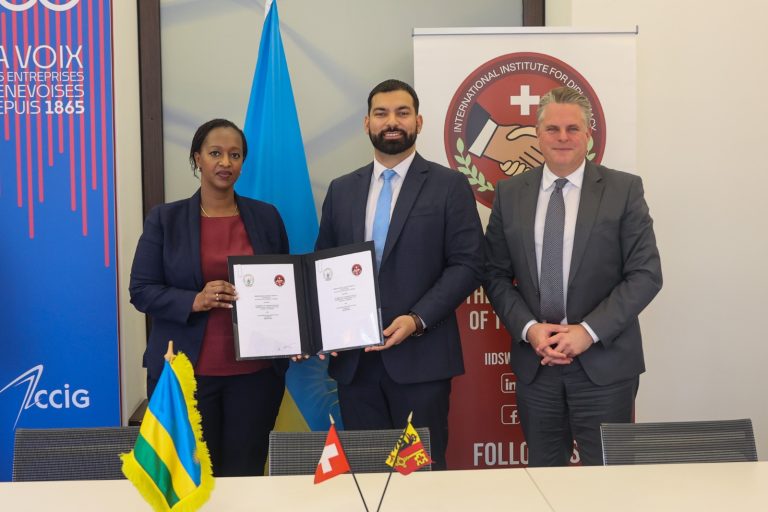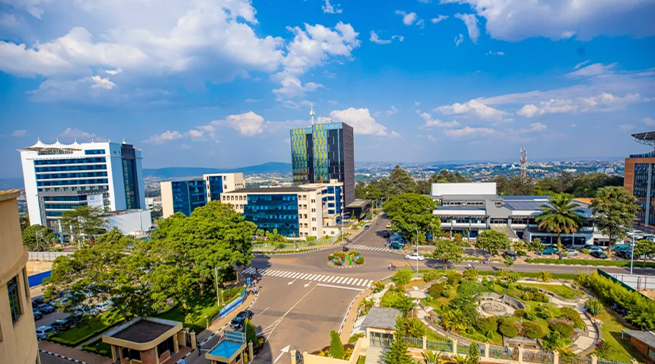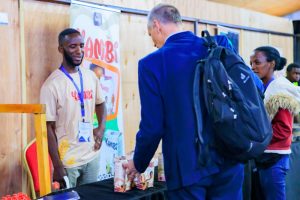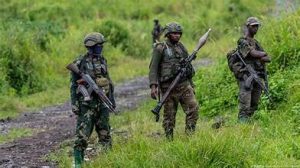Tanzania is reeling from days of deadly violence following last week’s general election, as opposition leaders and rights groups allege mass killings by security forces amid a nationwide internet blackout.
The country’s main opposition party, CHADEMA, claims that up to 700 people have been killed during three days of violent protests that erupted after the National Electoral Commission declared President Samia Suluhu Hassan the winner with nearly 98 percent of the vote.
A diplomatic source in Tanzania told the BBC that credible evidence suggests at least 500 deaths, though exact figures remain impossible to verify because of government-imposed communication restrictions.
The UN has urged Tanzanian authorities to exercise restraint and avoid unnecessary use of force, while foreign ministers from the UK, Canada, and Norway issued a joint statement calling for calm, transparency, and respect for basic freedoms.
Internet Shutdown and Widespread Crackdown
Internet access has been severely restricted since election day, hampering journalists and human rights observers from independently confirming casualty figures or reporting incidents.
Hospitals in Dar es Salaam and other major cities are reportedly overwhelmed, with morgues filled beyond capacity. A medical worker at a government hospital told the BBC that “the number of dead and injured has surpassed what we can handle.”
Opposition officials describe nighttime raids and targeted arrests of party members.“Security forces are hunting down our leaders; some have fled the country,” said John Kitoka, CHADEMA’s foreign affairs secretary. “People are being killed with impunity.”
Government Downplays the Violence
Tanzania’s Foreign Minister, Mahmoud Thabit Kombo, dismissed reports of widespread violence, calling them “isolated incidents.”
Speaking on BBC Focus on Africa, he said security agencies acted “swiftly and professionally” to restore order and that the internet shutdown was necessary “to curb misinformation and protect lives.“We continue to assess reports of property damage,” Kombo said, rejecting opposition claims of mass killings.
Youth-Led Protests Challenge CCM’s Dominance
Much of the unrest has been driven by young Tanzanians, many from Generation Z, who accuse the ruling Chama Cha Mapinduzi (CCM) of undermining democracy by disqualifying key opposition candidates.
Among those barred were Luhaga Mpina of ACT-Wazalendo, who was excluded on technical grounds, and Tundu Lissu, CHADEMA’s prominent figure, currently jailed on treason charges he denies.
Analysts say the restrictions effectively guaranteed victory for President Samia Suluhu Hassan, who rose to power in 2021 after the death of John Pombe Magufuli, becoming Tanzania’s first female head of state.
Political Divide and International Reaction
In semi-autonomous Zanzibar, Hussein Mwinyi of the CCM was also re-elected with 80 percent of the vote, amid allegations of ballot stuffing and intimidation.
Opposition parties in the archipelago claim “massive irregularities,” while foreign tourists remain stranded as flights were delayed and airport operations disrupted by the unrest.
Human rights organizations and diplomatic observers say the crisis highlights the shrinking political space under President Samia’s administration.
Initially praised for softening her predecessor’s hardline policies, she now faces growing accusations of repression, arrests of critics, and media censorship.
As Tanzania struggles to regain stability, the international community is pressing for independent investigations, dialogue with the opposition, and the restoration of internet access steps many say are vital to preventing the country from sliding deeper into turmoil.
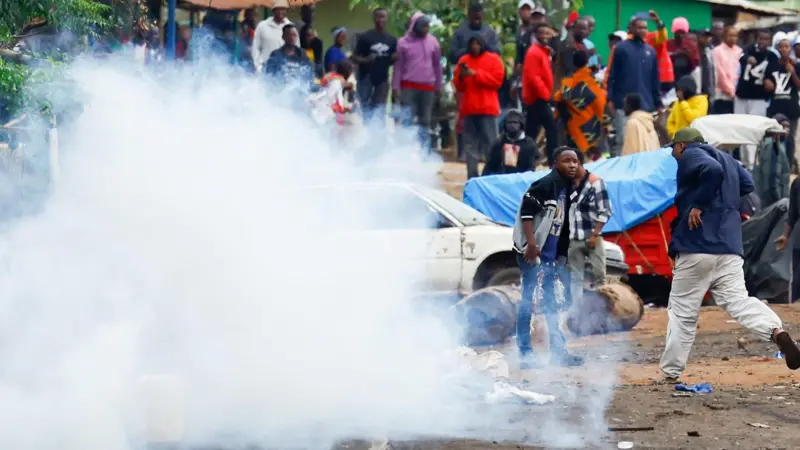
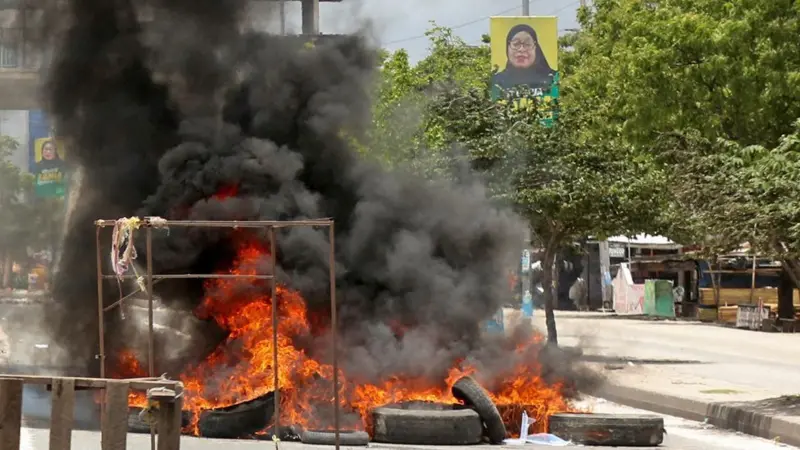
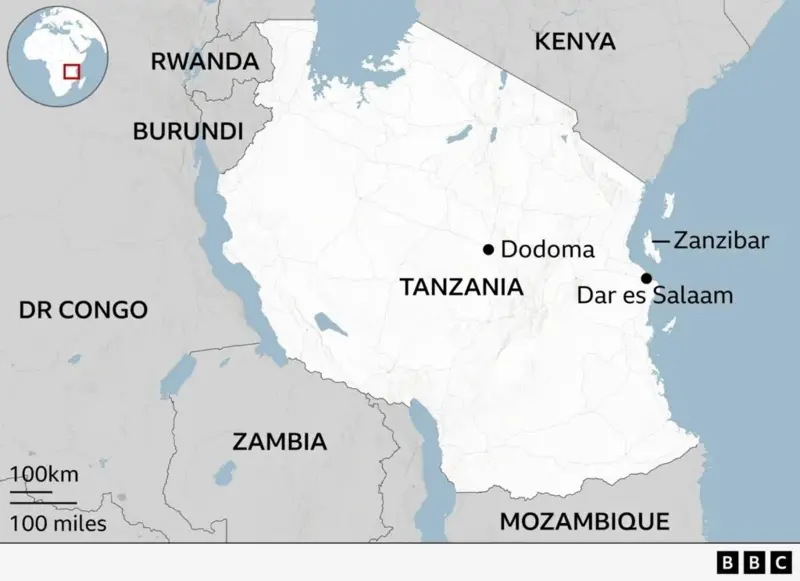
Author: Justinmind HARERIMANA
